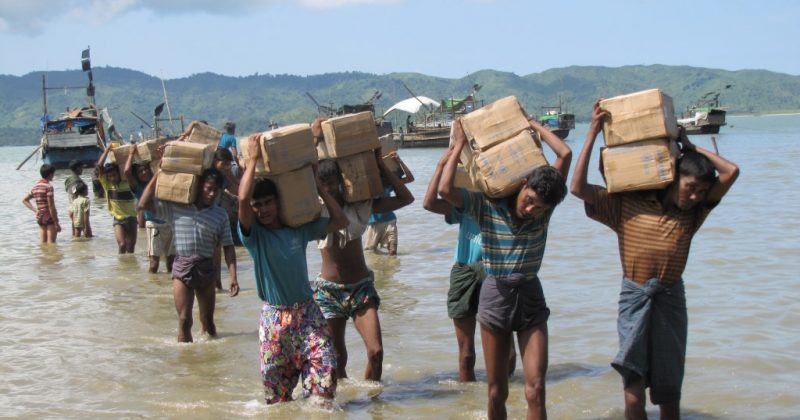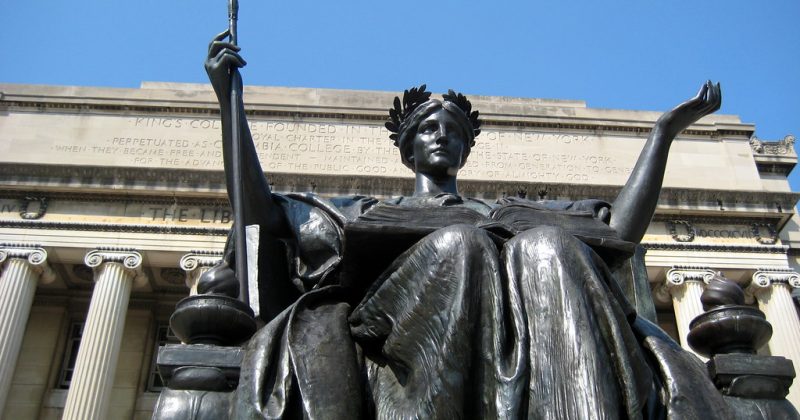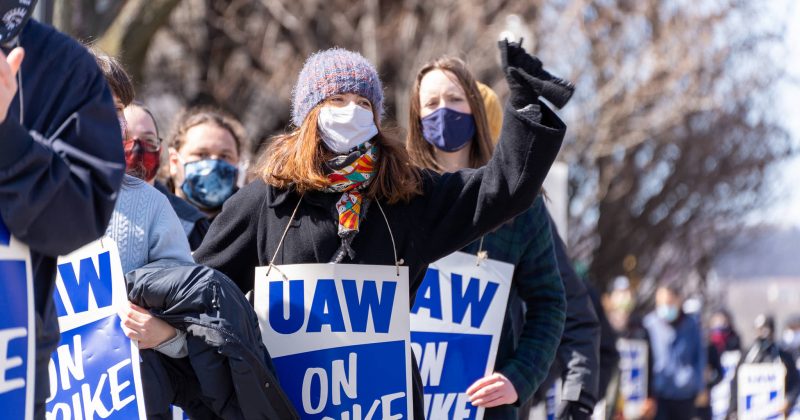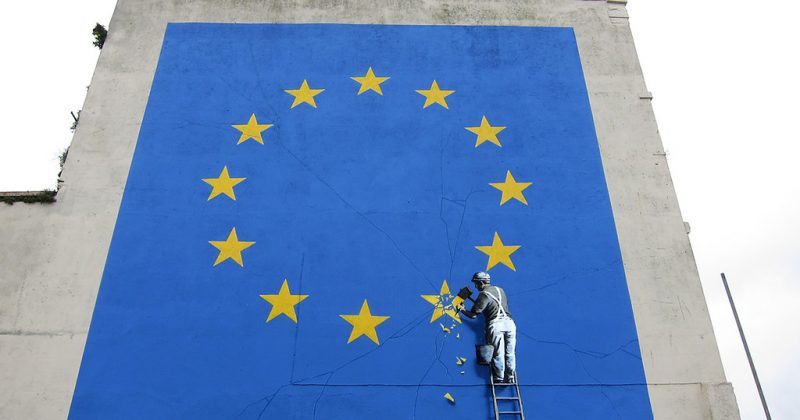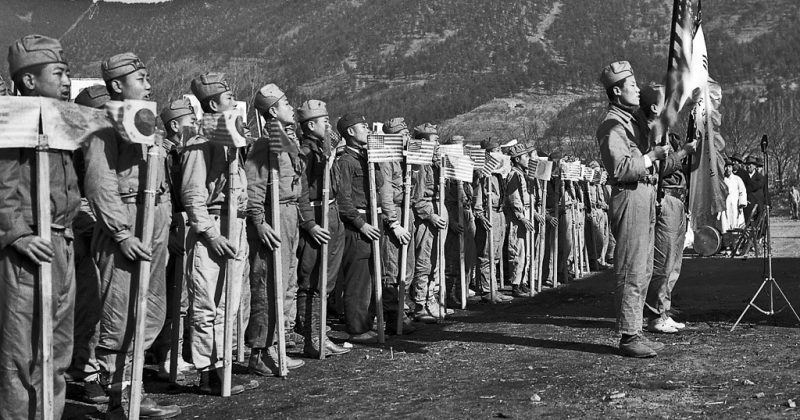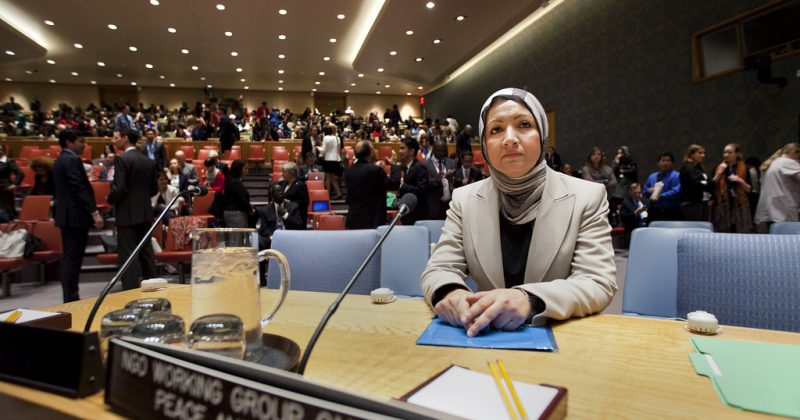
The Vital Role of Women in Peacebuilding
By Susy Prochazka, RightsViews staff writer and graduate student in the human rights MA program.
In modern conflicts, women make up the majority of those displaced from their homes and communities, endure more property and economic damages, and suffer extreme physical harm and sexual violence at the hands of militia groups, but peace negotiations fail to incorporate their voices. Despite being those most harmed by conflict and regardless of evidence that their meaningful participation is vital in implementing a lasting peace, women are consistently and conspicuously absent from the peacebuilding process.
Last year marked the 20-year anniversary of UN Security Council (UNSC) resolution 1325, which recognized, for the first time, the unique impact conflict has on women and the critical role women play in conflict resolution and peacebuilding. Resolution 1325 emphatically stressed the importance of women’s leadership and meaningful participation in conflict resolution and repeatedly reaffirmed the necessity of women’s “full, equal and meaningful participation” in peace processes. Even with the adoption...

